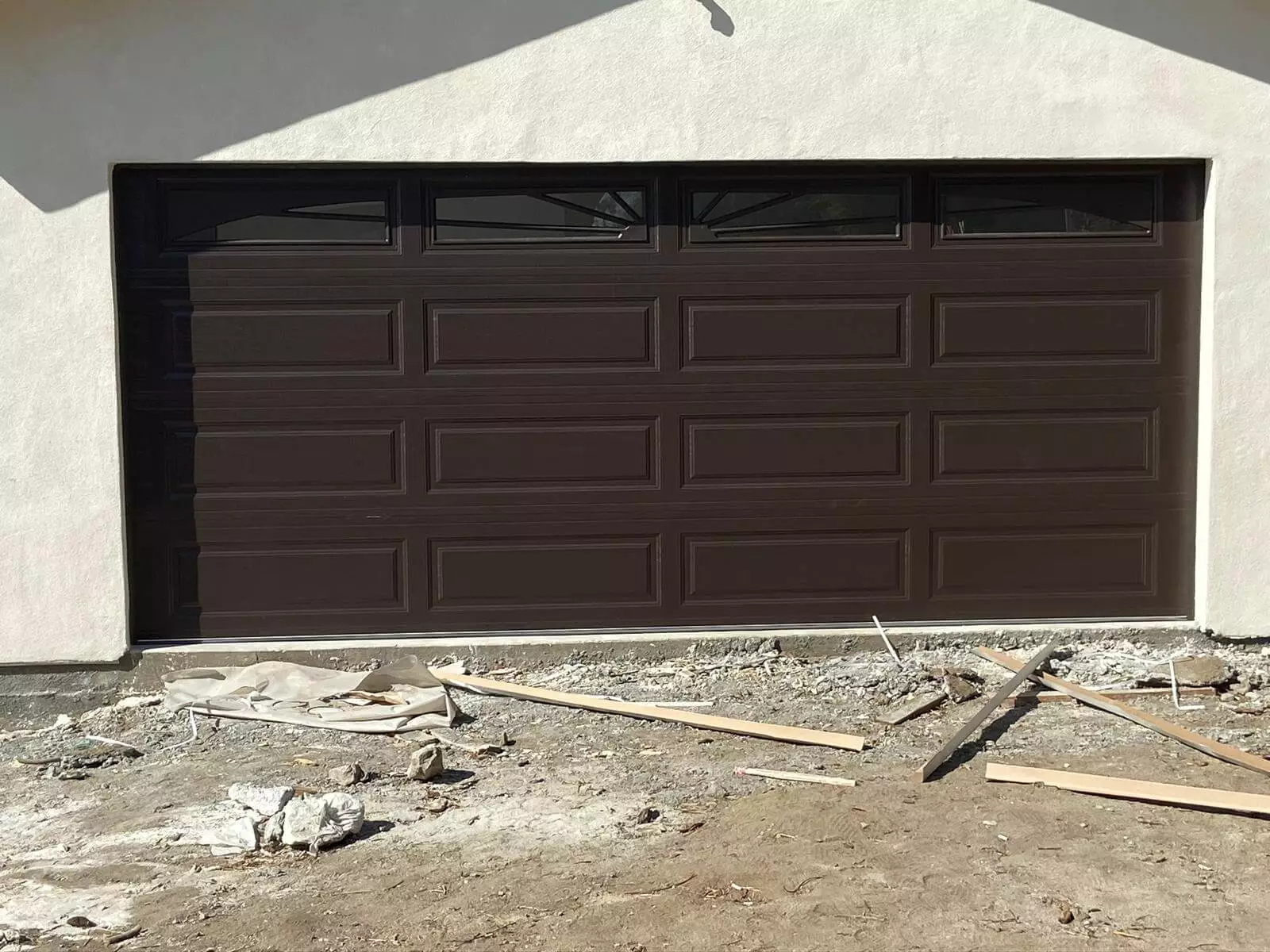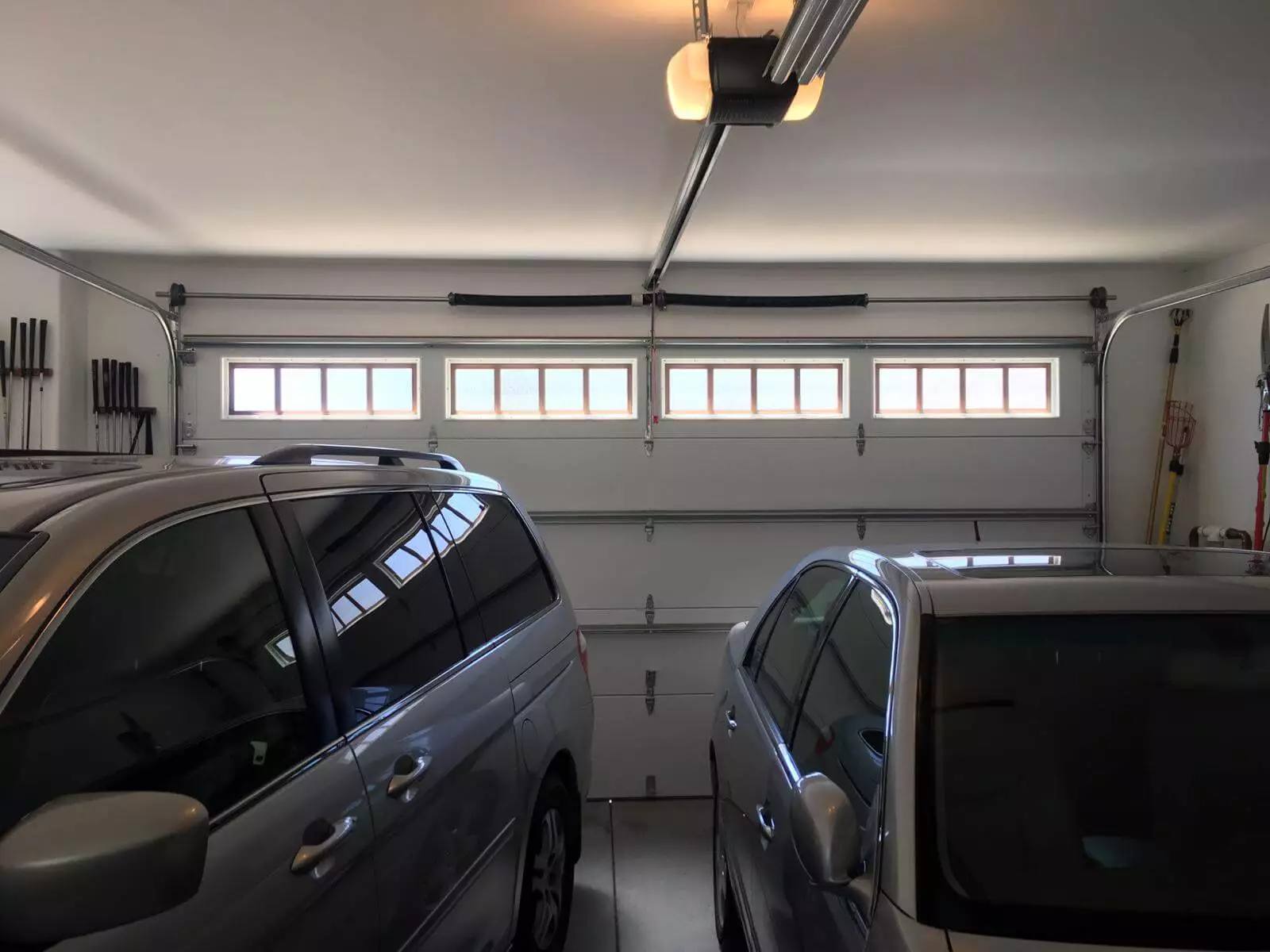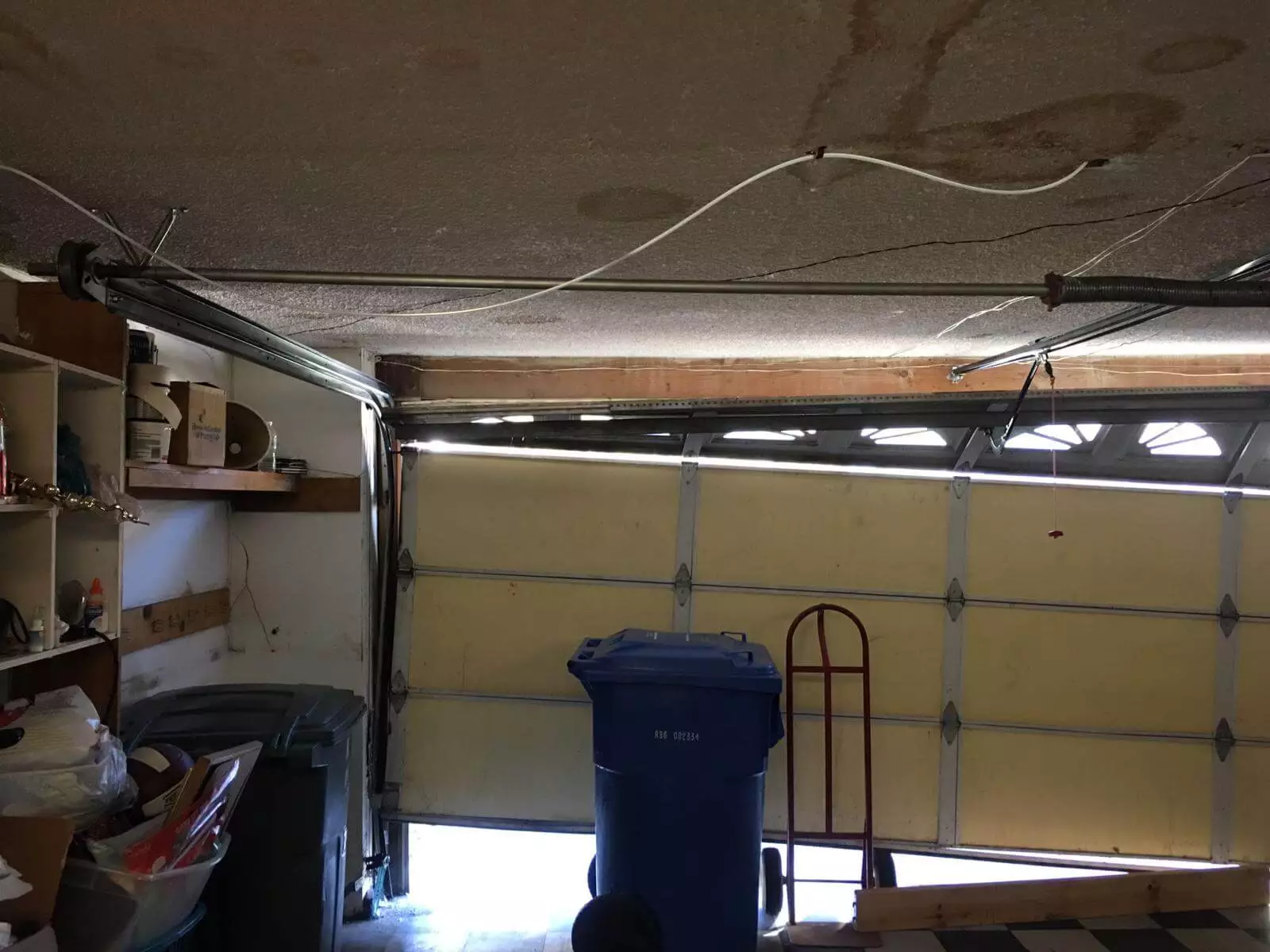DIY Garage Door Repairs You Can Handle and When to Call a Pro
Many minor DIY garage door repairs can be handled at home to avoid expensive service calls. However, it’s important to know when an issue requires a professional garage door repair company. This article will explore common DIY garage door repairs and provide tips on when calling a pro is necessary.

Content
Easy DIY Garage Door Repairs
Small adjustments and replacements are simple DIY garage door repairs most homeowners can handle. Lubricating hinges, rollers, and tracks removes squeaks and smoothes operation. Tightening loose hardware prevents future problems. Replacing rollers, springs, or cables extends the life of aging components. Adjusting spring tension if the door is getting difficult to open manually is a basic repair. With some basic tools and the right replacement parts, many minor issues are DIY-friendly.
When Simple Repairs Aren’t Enough
However, there are some garage door problems that are best left to the professionals. If a door is jammed or will not operate smoothly even after adjustments, there may be a larger underlying issue. Diagnosing the root cause of persistent problems requires expertise. Replacing major components like panels, tracks, or the entire framework is an advanced repair. Balancing or installing new torsion springs is dangerous without proper training and tools. Don’t risk injury – call for help on complex jobs.
In summary, minor squeaks and adjustments are usually DIY-friendly garage door repairs. But complex issues, safety concerns, or persistent problems after troubleshooting require a pro. Knowing your limits prevents injury and ensures the long-term function of your garage door system. With regular care and timely service calls when needed, your door will provide reliable performance for years to come.
FAQs
When Should I Call for a Safety Inspection?
All garage doors should be inspected by a pro every 1-2 years for safety. They will examine cables, springs, rollers, hinges, tracks, and mounting hardware. Cables or springs near the end of their lifespan present a risk and need replacement. Worn rollers can impede movement. Loose mounting poses a fall hazard. Catching issues early prevents dangerous failures.
What Else Signals It’s Time for a Service Call?
If the door becomes unbalanced and won’t stay open on its own, there may be a problem with springs or counterbalancing. Strange noises during operation could mean bad bearings or other mechanical issues. Sensors that won’t calibrate or continuously fail safety tests may need replacement. A door that won’t close fully may have a damaged track. Professional diagnosis is needed for persistent or unclear problems.

My name is Susan. I post about home improvement ideas and how to make your home look beautiful and liveable. I hope my posts will help you with your DIY projects!













